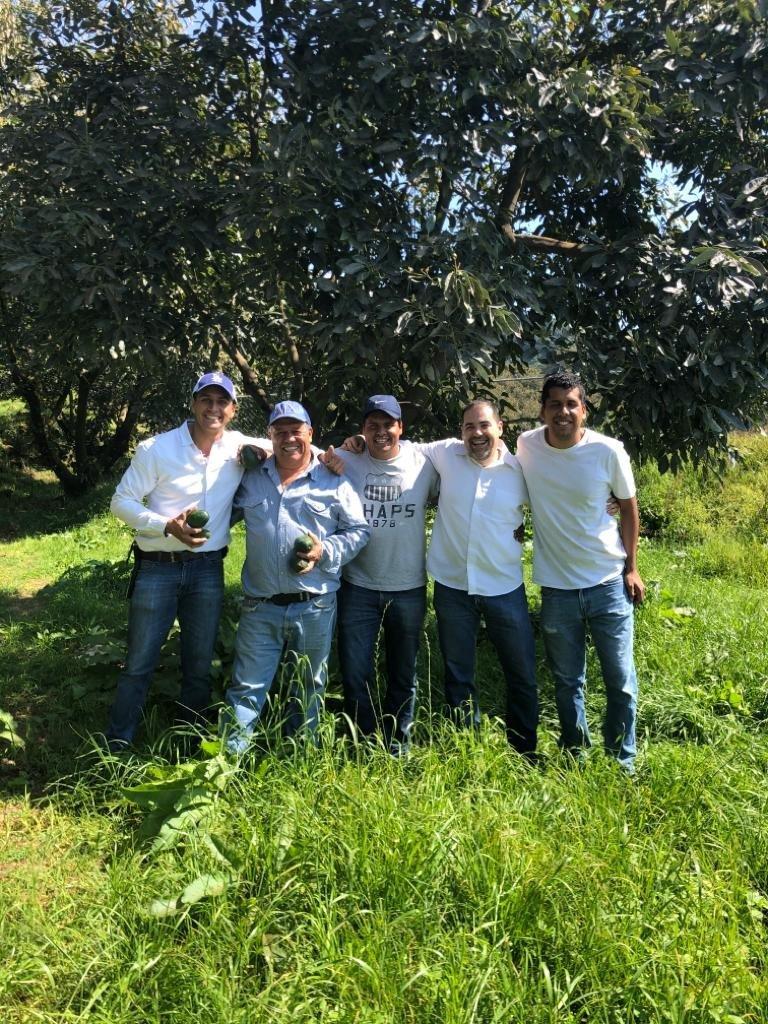On behalf of IRTF’s Rapid Response Network (RRN) members, we wrote six letters this month to heads of state and other high-level officials in Colombia, Guatemala, Honduras, and Mexico, urging their swift action in response to human rights abuses occurring in their countries. We join with civil society groups in Latin America to: (1) protect people living under threat, (2) demand investigations into human rights crimes, (3) bring human rights criminals to justice.
Volunteers with the Rapid Response Network (RRN)—together with IRTF staff—write letters in response to six urgent human rights cases each month. We send copies of these letters to US ambassadors, embassy human rights officers, the Inter-American Commission on Human Rights, regional representatives of the UN High Commissioner for Human Rights, and desk officers at the US State Department. To read the letters, see https://www.irtfcleveland.org/content/rrn , or ask us to mail you hard copies.






